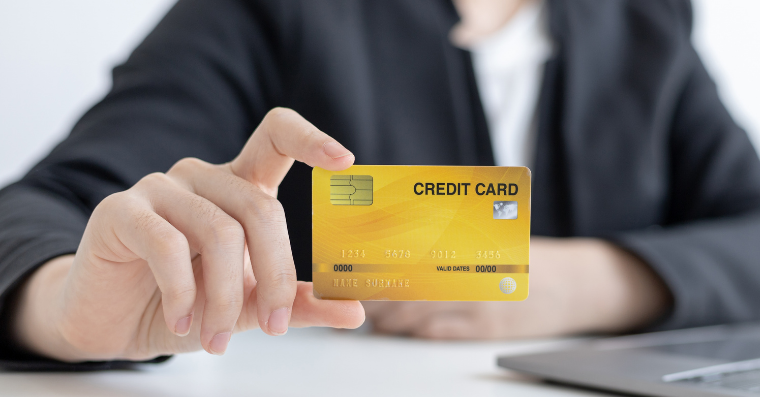The age of eighteen can be freeing. You've reached the legal age of majority. You have the option to vote. If you haven't already, you may be attending college shortly. You can also get a credit card.
Many credit card firms aren't as eager to give you your first credit card as you are to receive one. Rather than applying for multiple credit cards to see who will accept you, focus on a few organizations that specialize in providing credit cards to first-time customers.
Make certain you're prepared to receive your first credit card
Being old enough to get a credit card doesn't imply you're ready for one. You must be responsible enough to charge only what you can afford and pay your monthly payment on time. Obtaining your first credit card without being completely prepared can result in a credit disaster. It might be tough to repair your credit once it has been ruined.
Don't set yourself up for failure by not learning everything there is to know about credit cards before applying for one. You can do some actions to get ready if you aren't ready yet.
Understand the credit card landscape for young adults
Getting your first credit card might be difficult, especially if you're under 21 and don't have a job.
According to federal law, adults under the age of 21 must show verifiable income before being authorized for a credit card without a cosigner. A source of income must be a job. Child support or government assistance, on the other hand, may help you become authorized.
If you don't have any money, you'll need to find someone to open a joint credit card with you or add you as an authorized user on one of their cards.
Insufficient credit history is another factor that makes obtaining a first credit card difficult.
You should know where you can receive your first credit card
If you're a student, there's a strong chance you'll be approved for a student credit card from a major credit card company. On the other hand, some student credit cards offer high-interest rates and annual fees, making them poor choices for a first credit card.
Try applying for your first credit card at your bank if you've been responsible with a checking or savings account. An existing banking relationship can help you approve a credit card application, especially if you've been responsible for your account. While you can apply online, going to a bank location puts you in direct contact with a professional who may have more authority to approve your application.
Approval rates for retail and department stores are often higher. On the negative, they offer high-interest rates, making carrying a balance from month to month costs. Another disadvantage of these cards is that you can only use them in that store. On the other hand, retailers frequently promote spending by offering discounts for using the card. Utilizing a retail store credit card as your first credit card can help you establish a solid enough credit history to qualify for a big credit card within a few months.
Look for cards that cater to people with fair to poor credit
Certain credit card websites list the type of credit history required for approval. Look for credit cards that accept applicants with moderate or no credit as a first credit card. Applying for credit cards tailored to your individual credit history increases your chances of approval. Avoid applying for credit cards that require great credit because you will almost certainly be denied.
Ask someone for help
Cosigning is dangerous because mistakes can harm both your and the cosigner's credit, but it can be an excellent method to get your credit up and running. You might have a relative—a parent, for example—willing to cosign for you on your first credit card. Agree that you'll be accountable for making your monthly payments on time and adhering to all credit card rules. Then, if you've qualified for a credit card on your own, consider canceling the joint account.
Don't be discouraged by denials
Don't be surprised if you're turned down for the first credit card you apply for—or even the first several. Even those with a long credit history can be turned down. It could be helpful to know that you'll receive a letter, known as an adverse action notification, in the mail that explains why you were refused. The information in this letter will assist you in determining your next course of action. You may need to apply for a different credit card or use a secured credit card to kickstart your credit.
Frequently Asked Questions (FAQs)
How old do I have to be to get a credit card?
To receive a credit card, you must be at least 18 years old, and Chase Bank warns that getting one before age 21 may be difficult. It depends on whether or not you have a consistent and stable source of income.
What is a secured credit card?
If you cannot obtain a conventional credit card due to a lack of credit history, you can apply for a secured credit card. You must pay a deposit with the lender, usually equal to the account's credit limit. The bank maintains the deposit and has the right to take it if you don't pay your bills on time.
Make sure that the card issuer sends payments to the credit agencies so that you can establish a credit history and eventually obtain an unsecured credit card. Later on, you might be able to convert it to an unsecured credit card.


